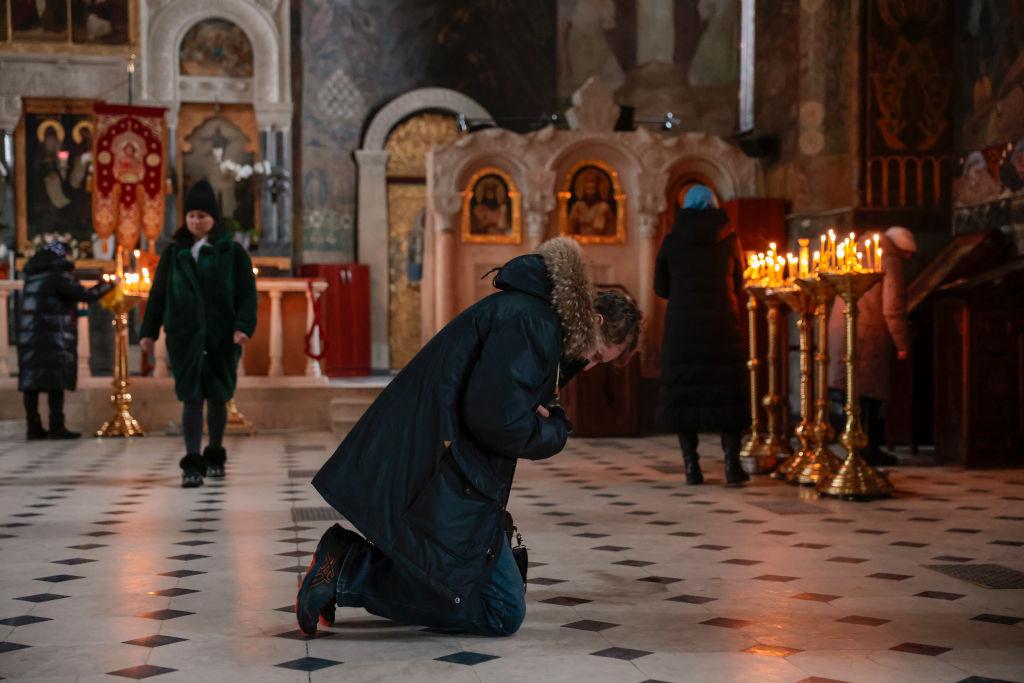Commentary
On Nov. 24, 2022, a draft law to ban the Ukrainian Orthodox Church was registered in the Verkhovna Rada, the Ukrainian Parliament. According to Ukraine’s European Solidarity Party, the draft law prohibits all activity of any religious organisation that is somehow associated with, or accountable to, the Russian Orthodox Church “in canonical, organizational, and other issues.”





